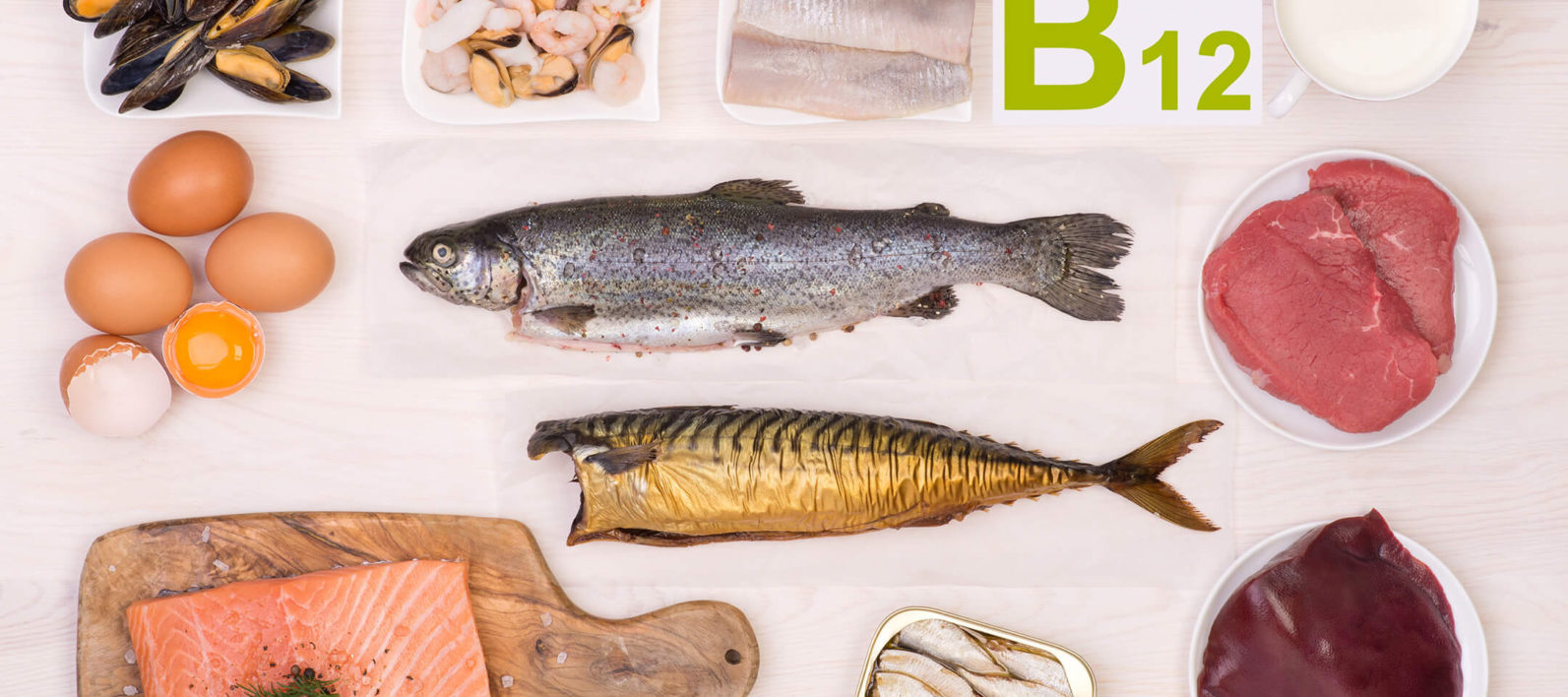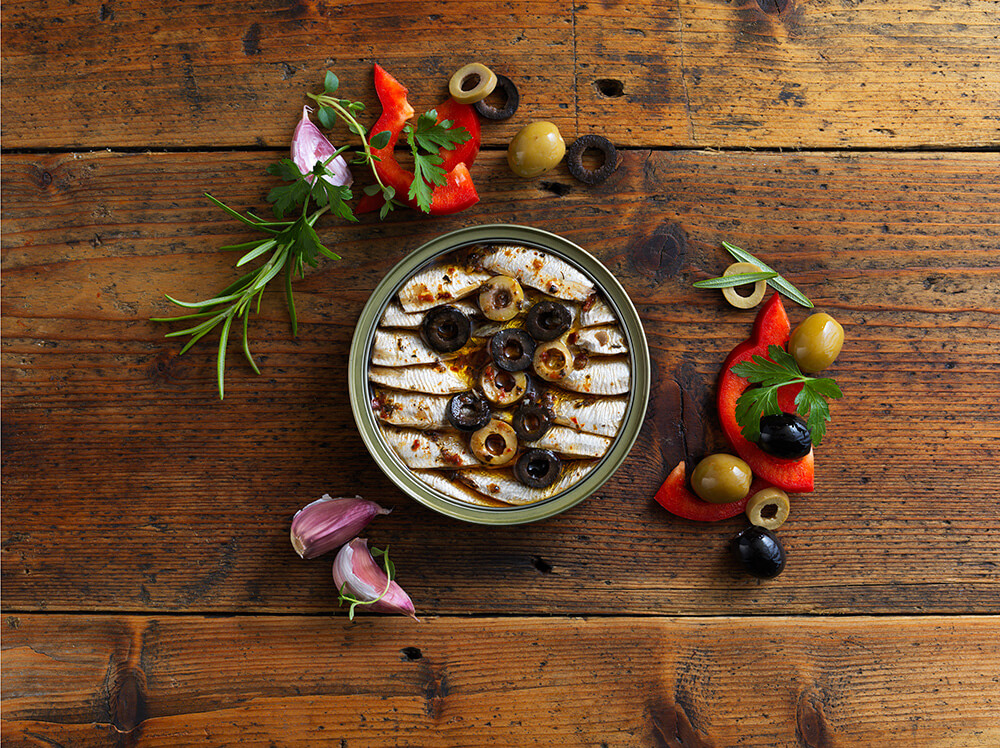This website uses cookies so that we can provide you with the best user experience possible. Cookie information is stored in your browser and performs functions such as recognising you when you return to our website and helping our team to understand which sections of the website you find most interesting and useful.

Home » Feed Your Health » Nutrition »
Vitamin B12 is one of the family of water-soluble B vitamins and is unique in that it is only found in animal foods like meat, milk and fish – there are no vegetables with B12! This is the reason why people following a vegan diet need to take B12 supplements and vegetarians also need to make sure they are getting enough vitamin B12 from their food.
B12 is needed as part of the growth of every cell in our body as it plays a role in cell division. This makes it especially important for our red blood cells as these are made at a huge rate by our bodies – millions and millions every day. Red blood cells have a short life – only about 120 days, which is why we make so many of them. Some research suggests that endurance athletes may go through red blood cells at a faster rate than less active people. Red blood cells carry oxygen around our bodies by linking oxygen to the iron that gives them their colour. Red blood cells need a range of nutrients to be formed and B12 and iron both contribute to normal red blood cell formation
Apart from its role in red blood cells, B12 also contributes to normal functioning of the nervous and immune system and to energy yielding metabolism in our bodies.
B12 is best known for helping to reduce levels of tiredness and fatigue. Low levels of B12 are associated with lower energy levels and a type oa anaemic called “macrocytic anaemia”. Low levels of B12 can be due to eating too little B12 or to being unable to absorb enough B12. Unlike other B vitamins, B12 cannot be absorbed directly into our bodies. B12 needs to link with a protein called intrinsic factor which is made in the lining of our stomachs. Some people may not make enough intrinsic factor, and this can reduce their body’s ability to absorb B12. This can happen for a number of reasons, but old age is one cause. Low levels of B12 due to a lack of intrinsic factor is called “pernicious anaemia”. This is different to the type of anaemia you get from low iron levels. If someone doesn’t make enough intrinsic factor then they will need to get B12 injections as eating more B12 won’t help. For everyone else, making sure to include plenty of foods rich in B12 will ensure a good supply of this essential vitamin.
B12 is found in a number of foods but fish and tinned fish is a source. Fish is a source of B12. We need to get 2.5 micrograms of B12 everyday. You can get 4 micrograms in 100g of tinned red salmon and tuna and between 8 and 13 micrograms in 100g of tinned mackerel or sardines.


